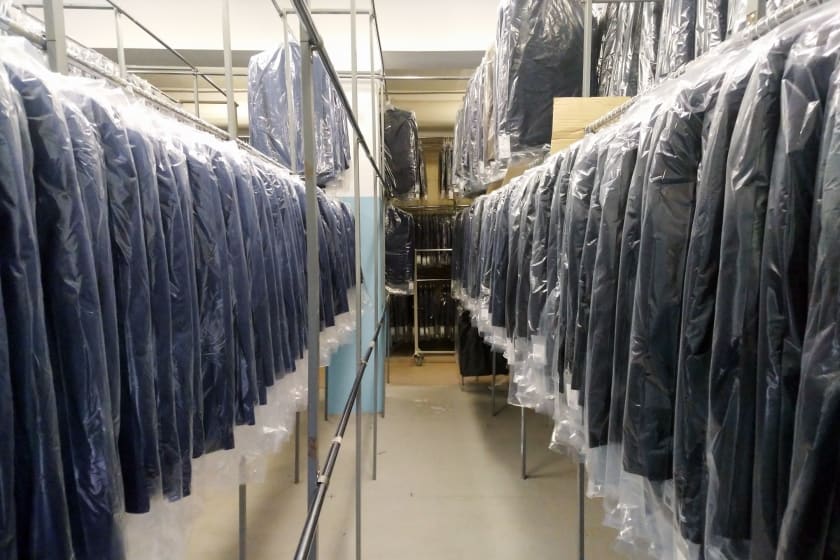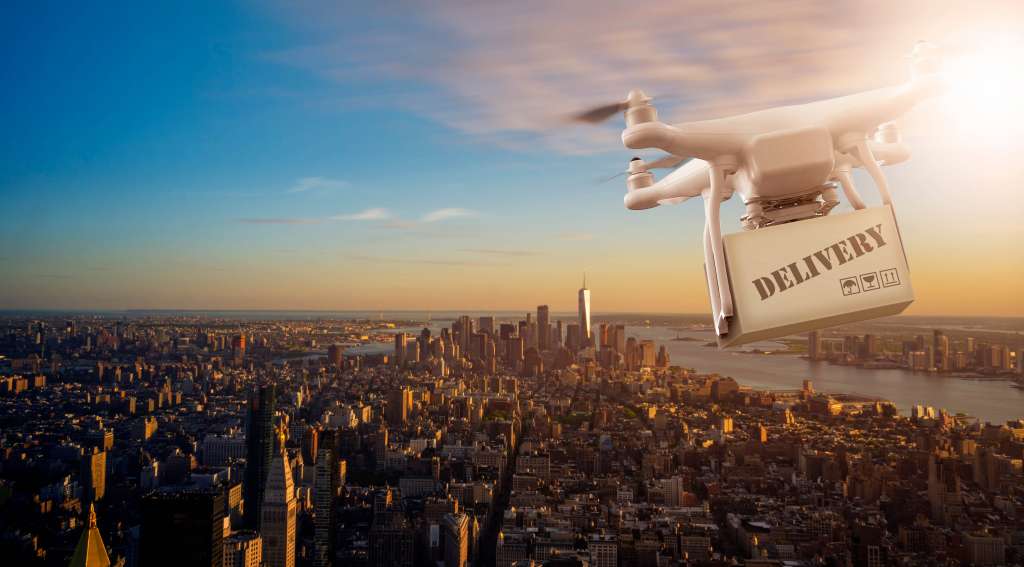10 Technology Industry Predictions For 2023



Summary: As the year is coming to an end, tech experts are predicting new fashion industry trends. These major disruptive technology trends will likely influence employee engagement, business growth, and customer behavior for the next few years. The key is to update your fashion company with the latest technology advancements by upgrading your technological skills. Here are the top 10 technological predictions for 2023.
The fashion world is entering a new era where machine learning and cloud technology have become common disruptive technologies. These technological advancements impact the day-to-day life of people working in the industry. Whether it is a worker on a manufacturing level or an executive who is supposed to make data-driven decisions, technology encompasses them all.
Let's see other predictions that are in line to make this industry more technologically advanced.
1. 5G Internet
The 5G internet will boost all the operations in the fashion industry. This network is expected to offer excellent speed for data transfer and information exchange. Plus, remote locations can also be reached with the 5G network.
2. Driverless Vehicle
With the speed at which the fashion industry is moving, it's not hard to imagine a delivery vehicle without a driver. Plus, drone delivery will also become prevalent, bringing down operations costs and reaching inaccessible areas.

3. Cloud Technology
Cloud technology has become an important part of many clothing brands. It helps cut down the physical storage and keep the data securely online. Cloud-based operations also make these data easily accessible from anywhere.
4. Progress in Blockchain
In 2023, blockchain will dominate the market because fashion companies will create decentralized services. Encrypting and decentralizing data using blockchain makes them safer and more accessible.
Not to mention, blockchain also powers cryptocurrency, which will become a go-to option for the fashion technology industry. It will help in creating better supply chains.
5. 3D Printing
By 2023, 3D printing will become common in the technology manufacturing industry. The printers will help in producing spares in after-sales service. Also, they will reduce dead stocks and help in delivering products faster.
6. Intelligent Forecasting

Extensive data backup AI-powered trend forecasting in the fashion industry. With the increased number of consumers, almost 70% of fashion businesses have incorporated AI-powered forecasting to stay ahead of the game. It gives organizations a competitive advantage and insight into what is trending and what's not.
7. Drone Technology
Drone technology is being used in the door delivery system. Most companies like Walmart and Dominos have used drone-delivery technology. This disruptive technology will make its way into the industry through fashion merchandising delivery or as an inventory management assistant and for motion tracking of consumers for insights.
8. Mobile Commerce
With the rapid increase of online shopping, especially after the pandemic, mobile commerce has become the cornerstone of the retail industry. By throwing social media into the mix, the brands enjoy high visibility and sales from online purchases by the millennials. Mobile commerce is here to stay and will keep growing in the near future.
9. IoT
The Internet of Things (IoT) is the elephant in the room. When it comes to leveraging the existing platforms used in the production processes, IoT plays a vital role.
IoT in the fashion industry helps in stitching invisible sensors onto the fabrics, tracking a product, and assisting in finding a lost item.
IoT has helped ease several processes in the fashion supply management processes.
10. Automate Processes

Several types of machinery in the manufacturing units are automated, from making yarn to packaging. AI powers continuous information distribution across all organizational levels.
Geopolitical shocks like the pandemic and rising gas prices have driven this shift toward technology-enabled purchasing, shipping, and delivery, making the fashion technology industry more reliable and technologically advanced.
How the Fashion Industry Will Change in the Future?
No brand or retailer will be able to avoid sustainability and digitization shortly. These are mutually exclusive, but still, both will determine the changes in the fashion technology industry. Keeping this in mind, several digitization processes will be AI-oriented and driven by data. Several technologically advanced apparel like responsive sportswear, smart clothing, and multi-functional wearables will take over.
Wrapping up
Surely with upcoming technological advances, the fashion industry will witness a different yet positive experience altogether. Several brands have already adapted to these technologies and are speeding up the fashion space by improving daily operations, security, and other processes.
If you want to leverage your fashion business game, then follow these technology industry trends and last for generations!
Understanding recent technologies and implementing them can be daunting tasks for both new and old businesses. Not every business can have the advantage of tech-savvy individuals that enable automation processes, from manufacturing to supply chain to help build and grow clothing businesses. But no worries, contact Fashinza to get the right guidance on implementing the right fashion technologies to stand out from the crowd.
Book a demo with Fashinza today.
Key Takeaways

- Cloud technology will become important for storing data. It will also make data easily accessible from anywhere.
- AI will turn out to be a valuable tool for businesses that want to stay competitive in the market.
- 3D printing will make delivering products in a short duration possible.



















